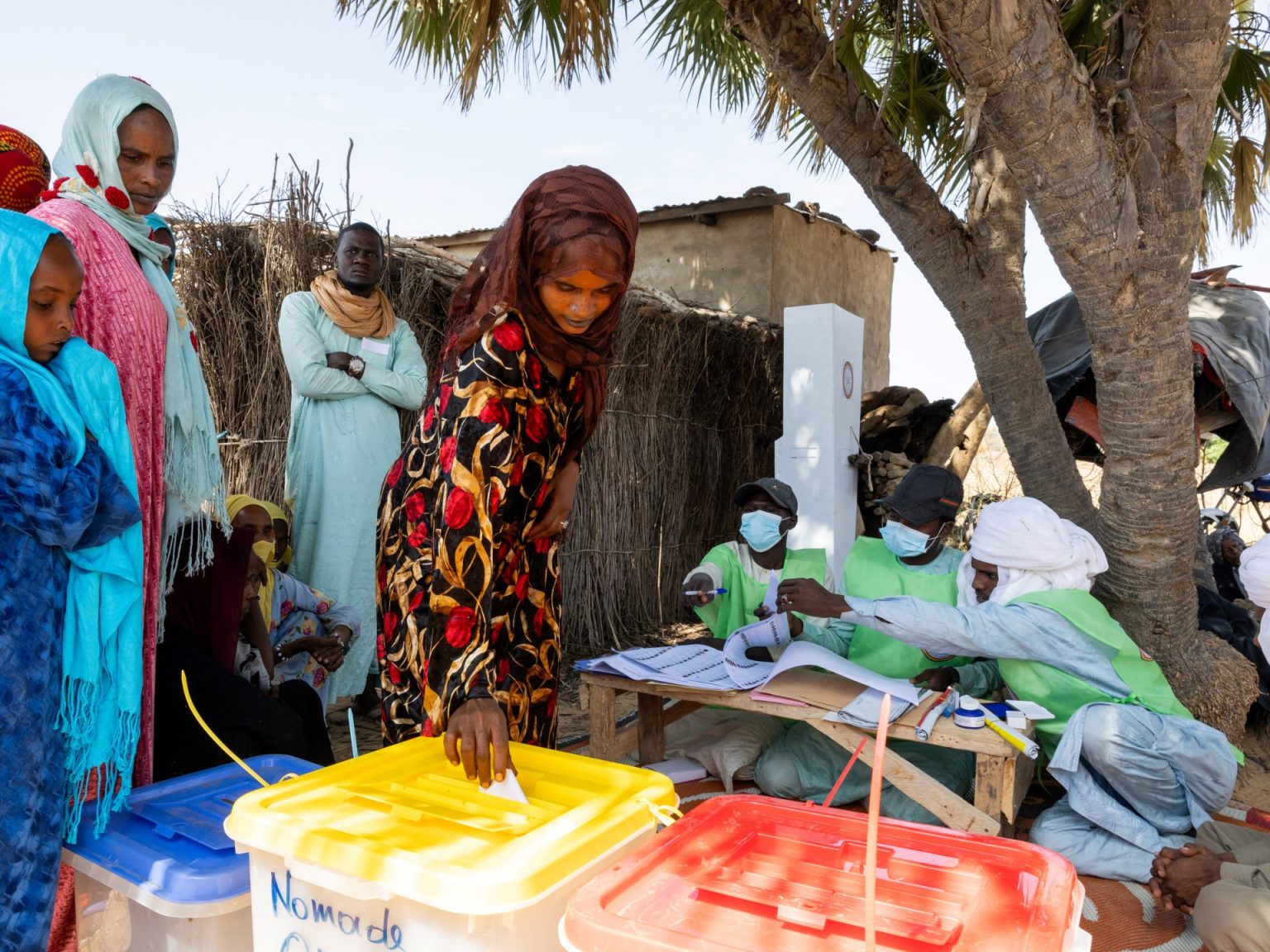The recent parliamentary elections in Chad have been marked by opposition boycotts due to fears of vote rigging. The government, however, sees this election as a crucial step towards ending military rule in the country. With polls closing on Sunday, voters will choose a new parliament, provincial assemblies, and local councils in one of the world’s poorest countries. Turnout was initially low in the capital city of N’Djamena, with election officials attributing this to “cold weather.”
Opposition parties in Chad have urged the country’s eight million voters to boycott the elections, claiming that the results have already been predetermined in favor of candidates aligned with President Mahamat Idriss Deby Itno. The president, who came to power through the military in 2021 and later won a presidential election in May, has encouraged voters to participate in what he calls a “historic day.” However, opposition candidates have denounced the election as fraudulent, with rumors of fabricated results circulating among dissenting voices.
Despite the opposition boycott and allegations of fraud, some voters still expressed hope for change as they cast their ballots. Patrice Lumumba Deoumoundou, a 39-year-old unemployed individual, emphasized the need for jobs, lower prices, justice, and equality in Chad. The elections have also seen soldiers, police officers, and nomads voting early for logistical reasons. The Electoral agency reported a high turnout among these groups, with the nomads particularly calling for improvements in living conditions amidst challenges posed by climate change.
The elections in Chad were monitored by around 100 foreign election observers and representatives of political parties, with reports of ballot discrepancies surfacing on Saturday evening. The opposition Democratic Party of the Chadian People (PDPT) raised concerns over missing ballots and alleged fraudulent activities orchestrated by the ruling Patriotic Salvation Movement (MPS) party. The ongoing conflicts plaguing the Lake Chad region, the conclusion of a military agreement with France, and accusations of interference in Sudan’s conflict have further complicated the electoral process.
With a backdrop of external challenges and internal disputes, the Chadian government has emphasized these elections as a crucial stage in the country’s transition to democracy. President Deby, who succeeded his father in 2021, is striving to consolidate power through legitimate electoral processes despite opposition resistance and claims of irregularities. As Chad awaits the release of provisional results by January 15 and final results by January 31, the fate of the nation hangs in the balance as it charts a path towards democratic governance amidst societal and political divisions.













